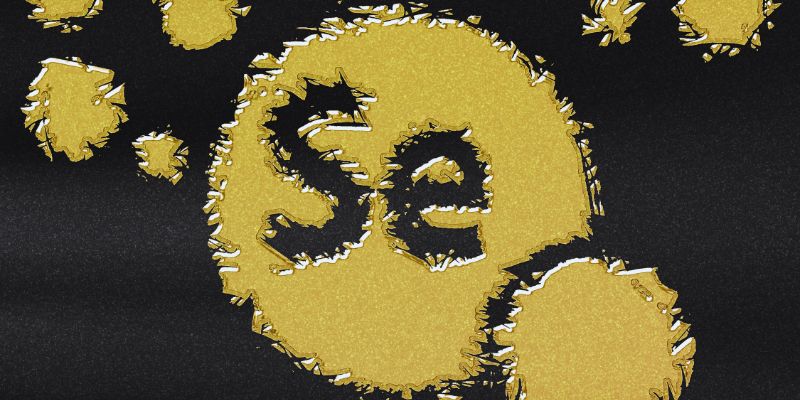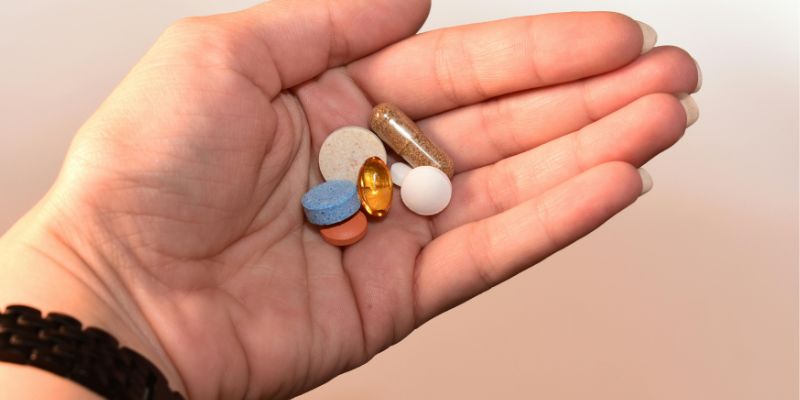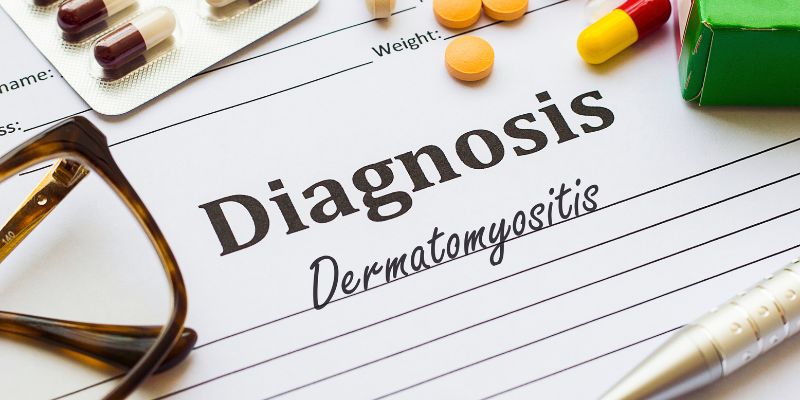Use Caution with Selenium Supplements: Expert Advice for Safe Usage
Selenium is among the minerals most critical for preserving general health and well-being. It is essential for thyroid hormone generation, immune system support, and cellular healing. While healthy health depends on selenium, too much of it can cause major problems. Among the overconsumption symptoms are hair loss, nausea, and tiredness.
Natural dietary sources of selenium, including dairy, nuts, whole grains, and seafood, provide a safer means of meeting demands. Although they can fill in gaps, supplements should only be taken under professional direction to avoid negative effects. See a doctor to guarantee the correct dosage and reduce dangers. This article investigates the advantages, possible hazards, and recommended practices for the smart use of selenium supplements.

Importance of Selenium
Though the body needs it in small amounts, selenium is a vital trace mineral for general health. Among its numerous important roles is a potent antioxidant shielding cells from oxidative damage generated by free radicals. Moreover, selenium helps control metabolism, generates energy, and ensures correct thyroid gland operation. It also strengthens immunity, arming the body to battle infections and disorders.
As rare as it is, a selenium deficit can cause issues, including thyroid irregularities, poor hair development, and reduced immunity. Furthermore, compromising cognitive ability could result in extreme deficiencies. On the other hand, too much selenium can be negative and cause symptoms, including weariness, nausea, and baldness. Thus, keeping a controlled selenium level and exercising caution while selecting supplements is vital.
Benefits of Selenium Supplements
In the correct dosage, selenium supplements can provide various health advantages. The following are some main benefits:
- Supports Immune Function: Selenium supports the function of white blood cells, strengthening your immune system. These cells ward against illnesses and infections. A strong immune system depends on better body defense.
- Acts as an Antioxidant: Selenium has well-known antioxidant qualities. Antioxidants guard against free radicals and oxidative stress in your body. Free radicals can harm cells and aggravate diseases and the aging process. Selenium supports general health and neutralizes several dangerous chemicals.
- Promotes Thyroid Health: Selenium is used by the thyroid gland to manufacture thyroid hormones. These hormones regulate energy levels and metabolism, and proper thyroid action is crucial for general health and well-being.
- Supports Hair and Nail Growth: Selenium helps nails and hair as well. It helps nails develop and strengthens hair strands. That is so because selenium helps cells to regenerate and heal.
Risks of Selenium Supplements
Although selenium supplements have advantages, too much of them might be detrimental. One should be aware of the hazards connected to too high selenium use. These are some typical hazards:
- Selenium Toxicity: Overindulging in the mineral risks making your Selenium toxic. Among the nasty side effects include vertigo, nausea, and headache. Severe cases could cause major medical issues, hair loss, and brittle nails.
- Long-Term Health Effects: Too high selenium intake may lead to serious medical problems. It might ruin livers and kidneys. Furthermore, influencing the neurological system and general body performance is selenium toxicity.
- Interference with Other Nutrients: Seldom enough selenium can interfere with other important mineral absorption. It might affect the absorption of zinc and vitamin E, for example. This nutrient imbalance would lead to deficiencies and health issues.
- Risk of Cancer Development: Some studies have shown that high dosages of selenium supplements increase the risk of various cancers. This surprising outcome stresses the need to use the recommended dosage.

How to Use Selenium Supplements Safely?
Use these instructions to guarantee safe consumption if you want to take selenium supplements.
- Consult with a Healthcare Professional: See your healthcare practitioner first to discuss any supplement you want to start. Your doctor can evaluate your medical requirements and suggest the proper dose. They also advise looking at your selenium levels for your particular requirements.
- Stick to Recommended Dosages: Follow the advised daily selenium supplement intake exactly. Keep under 400 micrograms daily at the tolerated upper intake level (UL) for adults. Beyond this limit, one runs major health risks.
- Combine Supplements with a Balanced Diet: Selenium supplements should not replace a good diet. To satisfy your daily requirements, emphasize consuming foods high in selenium. Excellent sources are fish, nuts, seeds, and cereals.
- Monitor Your Health: If you take selenium supplements, monitor your condition. Look for indications of toxicity, including hair loss, irritation, or nausea. Stop using the supplements and see your doctor if you get any symptoms.
Natural Sources of Selenium
Usually speaking, natural food sources offer selenium more safely than pills or supplements. Including foods high in selenium in your daily diet is a better and more dependable choice. Excellent sources of selenium include these dietary categories and samples:
Seafood
Among the richest naturally occurring sources of selenium is seafood. Among such are:
- Fish: cod, sardines, tuna, and salmon.
- Shellfish: oysters, crab, and shrimp.
Meat and Poultry
Along with important proteins, meat and poultry contain selenium. There are:
- Meat: lamb, hog, and beef.
- Poultry: turkey and chicken
Nuts and Seeds
Besides their high selenium content, nuts and seeds abound in good fats and fibers. As an illustration:
- Brazil nuts are a particularly high source of selenium
- chia seeds and sunflower seeds
Dairy Products
One easy and handy approach to consuming selenium every day is with dairy products. Here are some examples:
- Milk
- Yogurt
- Cheese
Conclusion:
Although health depends on Selenium, moderation is quite important. While supplements might help with deficits, too much use could cause toxicity and long-term medical problems. Following advised dosages is especially important since overconsumption hazards include nausea, hair loss, and organ damage. See a healthcare provider to guarantee suitable and safe use. Giving natural food sources like seafood, nuts, dairy, and whole grains top priority helps to satisfy selenium needs without running the danger of supplementation. Rich in these foods, a balanced diet enhances general health and reduces possible harmful impacts. With care, you can safely and powerfully exploit selenium's advantages.











